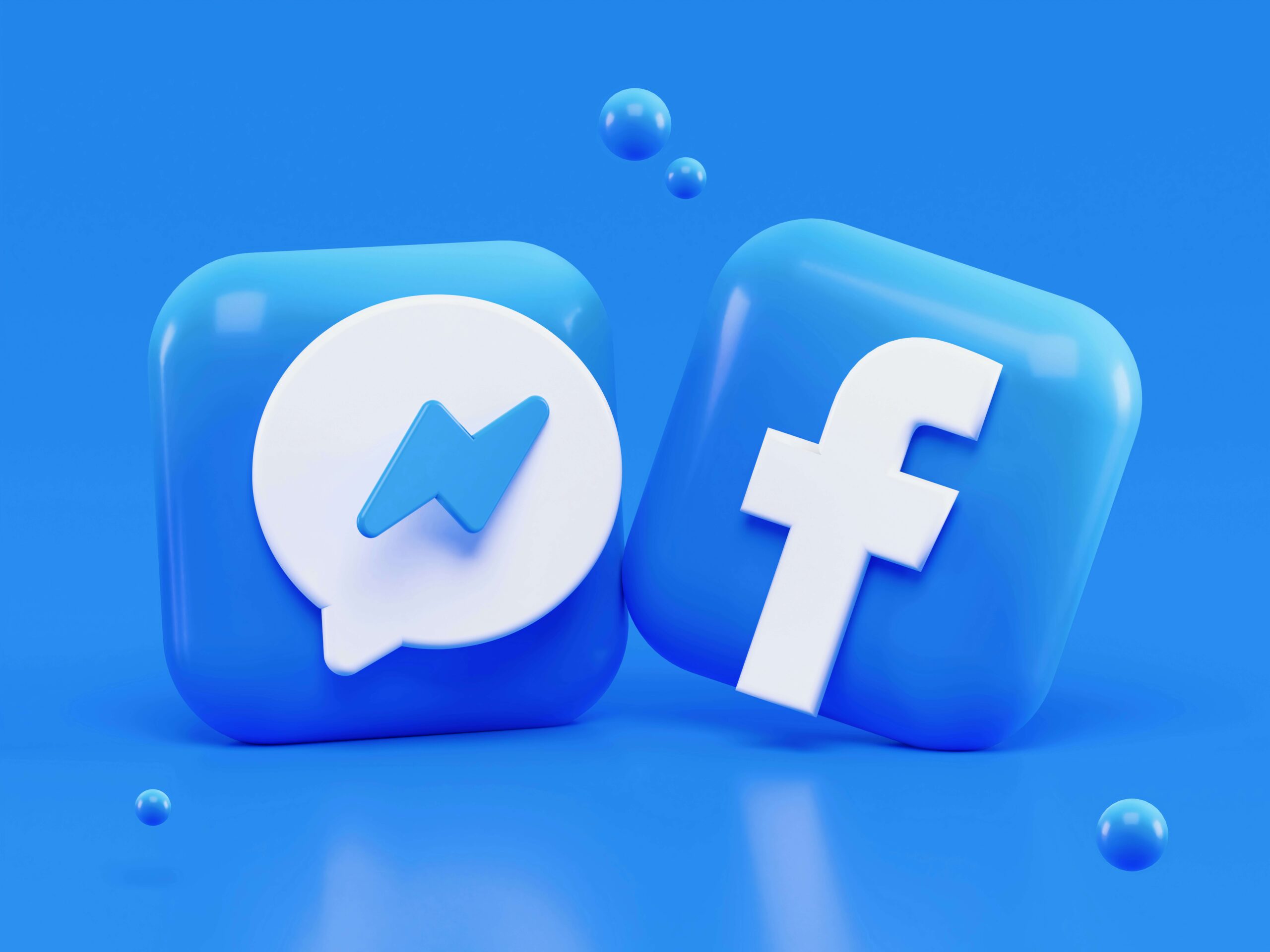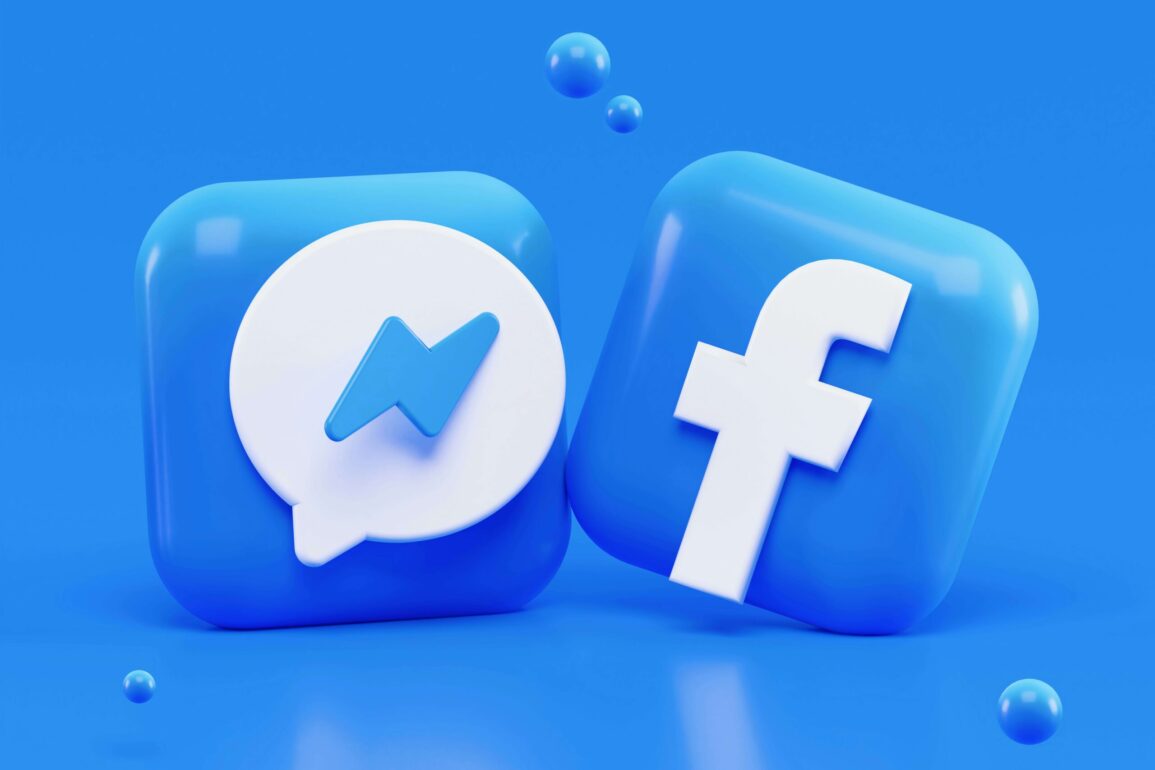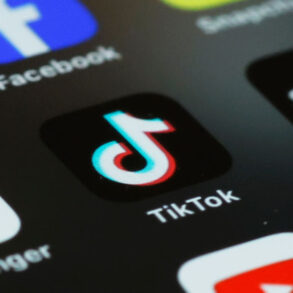
It’s Facebook’s 20th birthday, but not everyone is eager to join the party. Nevertheless, reflecting on the past two decades, it’s undeniable that this social network managed to forever reshape the landscape of social media.
Just a quick look at Facebook’s journey can evoke an array of mixed memories. Whether it’s the awkwardness of your first profile picture, the iconic portrayal in “The Social Network,” or the hours of funny cat videos you’ve scrolled through, people all around the world are bound to have vivid memories of their time on the platform.
Whether all you have are fond memories to look back on or you’re still an avid Facebook fan, not everyone is raising a toast to its milestone. Let’s take a look at why.
A Look Back On Facebook’s Birthday
Having humble beginnings in 2004, Facebook (originally ‘thefacebook.com’) was the brainchild of 19-year-old Mark Zuckerberg, taking root in his student accommodation, the platform was initially to connect Harvard students before rapidly expanding worldwide.
In a realm where platforms like MySpace were the norm, Facebook emerged as the dominant force in a world of slim social media pickings. Identifying gaps in available social networking sites, Zuckerburg knew he could create something different that would forever change the game.
Fast forward to now, Facebook’s reign as the supreme platform has been challenged over and over again. Competitors like Instagram, Snapchat, TikTok, Twitter, and others have come to take Facebook’s crown, luring users with enticing content and innovative socialising features and, while its popularity has certainly spiralled, it remains the most popular social network in the world.
Facebook has also been hurt by many knocks to its reputation over the years. Beginning with the famous Winklevoss twins court case, the platform has faced almost constant hurdles and obstacles to its success, the latest of which being a tumultuous week of public scrutiny regarding its child safety issues.
But before delving into Facebook’s current challenges, let’s take a closer look at how the platform reshaped the social media landscape in the past decades.
More from News
How Facebook Changed The Game
To begin with, time to rewind right to the beginning.
Facebook immediately started to make waves as soon as it hit our screens. One of the first notable features was the ability to “tag” people in photos, followed by the introduction of the “like” button for posts, enhancing user interaction and engagement in new and original ways.
Not surprisingly, within its first year, the platform attracted one million users, and by 2012, it boasted over one billion monthly users.
The platform went on to revolutionise how social media platforms utilised advertising, and even modern-day politics. According to the BBC, Statista research revealed that in the five months leading up to the 2020 US presidential election, President Donald Trump’s campaign spent over $40 million on Facebook ads.
Innovative additions like Facebook Marketplace expanded the platform beyond socialising, while its 2021 rebranding to Meta signalled a shift toward the metaverse. Zuckerberg aimed to position Facebook at the forefront of technological evolution once again.
Under the Meta Platforms umbrella, not only has Facebook acquired other social media giants like Instagram, Threads, and WhatsApp, but it has also moved towards embracing the ‘Metaverse’, a three-dimensional cyberspace where users can explore, connect with friends, play games, work, and even shop, akin to another digital realm.
Zuckerberg envisions Facebook/Meta leading the charge in introducing people to this novel digital space where reality and the digital world converge, demonstrating the power of Facebook in pushing its users towards a complete transition into a new digital era.
Will You Be Joining The Party?
Today, with over 3 billion users worldwide, Facebook undeniably has achieved significant milestones over the last 20 years. However, not everyone is in a celebratory mood. In fact, many may have overlooked the milestone entirely.
Apart from facing numerous reputation setbacks and legal battles over the years, Facebook’s 20th birthday arrives at a particularly awkward juncture.
Just last week, Zuckerberg found himself compelled to appear before a Senate committee and extend apologies to parents who attributed their children’s deaths to suicides or drug overdoses linked to social media.
“No one should have to go through the things that your families have suffered,” Zuckerberg told the parents when having to face intense questioning from lawmakers. Something that doesn’t exactly make for a great party atmosphere.
Unfortunately, this latest lawsuit has highlighted Meta’s blatant failure to adequately safeguard its younger users.
Since its inception, Facebook, under Zuckerberg’s leadership, has been embroiled in controversy and political scrutiny. From being reprimanded by the Harvard University administrative board to the US Senate today, perhaps Facebook simply bit off more than it could chew to begin with and has been paying the price ever since.
What was once a platform solely committed to connecting people exploded into a hotbed for advertisement, political debate, and even controversial experiments with user data.
For instance, in 2012, Facebook allowed researchers to conduct a psychological experiment on their users, demonstrating what they called “massive-scale emotional contagion”, according to NBC News.
While Facebook argued that users had given “informed consent” to the tests in agreeing to Facebook’s Data Use Policy prior to creating an account, Sheryl Sandberg, then Facebook’s chief operating officer, was later forced to apologise regarding the company’s poor communication regarding the experiment.
And this is just the tip of the iceberg.
NBC News continues to report that, in the wake of the Trump campaign, Russian operatives had run a secret influence operation on Facebook. Though the details of this were never made clear, the disclosure significantly changed public perceptions of the power of social media and its lack of safeguards.
Furthermore, in 2018, UK consulting firm Cambridge Analytica was accused by journalists of improperly mining data from Facebook for use in political campaigns. Meta was subsequently forced to pay $725 million to end the lawsuit accusing it of failing to safeguard user data.
Further and even more worrying accusations could be listed for pages and pages (Zuckerberg has, after all, had to testify before Congress eight times), making it unsurprising that its latest celebration milestone feels somewhat overshadowed.
While it’s undeniable that Facebook, or Meta, under Zuckerberg’s leadership has spearheaded innovative changes in social media, the question remains: Are these innovations sufficient to offset its missteps?
So, as Facebook marks its latest milestone, the question arises: Will you join the celebration, or is this a party you’d rather skip?








